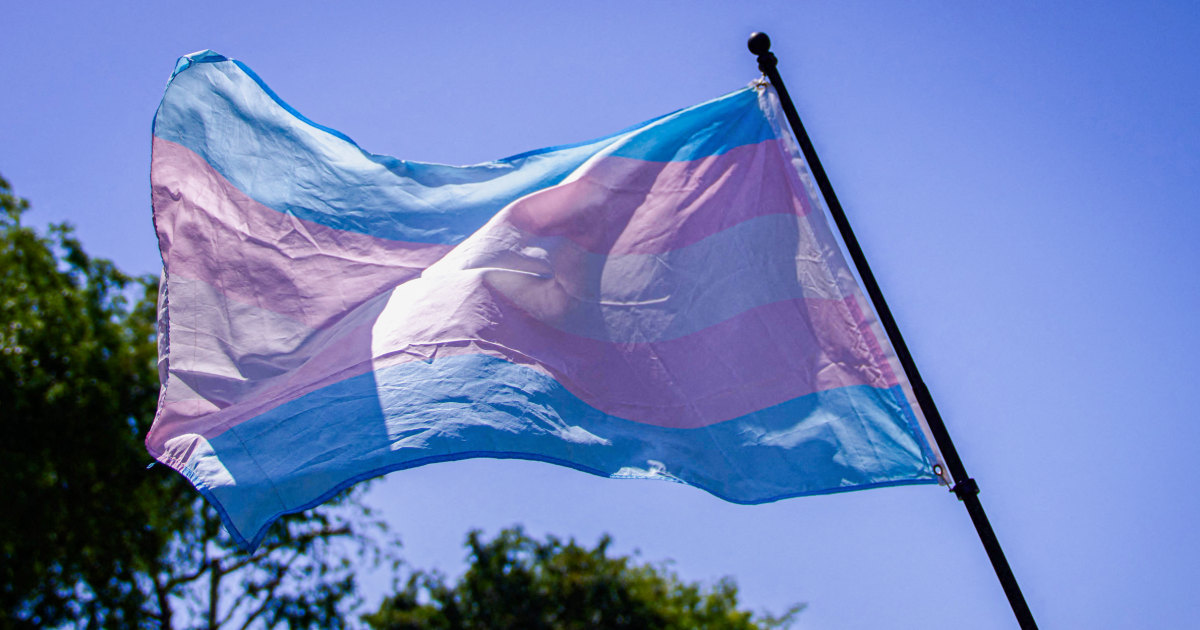USOPC Confirms Compliance with Trump’s Transgender Sports Ban
USOPC Confirms Compliance with Trump’s Transgender Sports Ban

The U.S. Olympic and Paralympic Committee (USOPC) has officially confirmed its compliance with President Donald Trump‘s executive order prohibiting transgender women from competing in women’s sports. This significant policy shift was quietly adopted in an updated “Athlete Safety Policy” document, dated June 18, which was recently posted on the USOPC’s website.
While the 27-page document conspicuously avoids using the term “transgender,” it explicitly states the committee’s adherence to Executive Order 14201, widely known as Trump’s “No Men in Women’s Sports Executive Order.”
In a letter to the Team USA community, USOPC CEO Sarah Hirshland and President Gene Sykes acknowledged the update, emphasizing their organizational obligation to align with federal expectations. “The guidance we’ve received aligns with the Ted Stevens Act, reinforcing our mandated responsibility to promote athlete safety and competitive fairness,” they stated. The revised policy mandates that all national governing bodies update their own guidelines to ensure “fair and safe competition environments for women.”
The full implications for future Olympic competitions, particularly the 2028 Los Angeles Games, remain uncertain. While nonbinary athletes assigned female at birth, such as 2024 Paris Games participant Nikki Hiltz, are presumed unaffected, the policy marks a clear stance on transgender women’s participation.
The debate surrounding transgender athletes in sports has intensified in recent years, with critics often citing perceived physical advantages for trans women assigned male at birth. However, transgender athletes constitute a small fraction of the competitive landscape, as highlighted by NCAA President Charlie Baker’s January testimony noting fewer than ten transgender collegiate athletes among over half a million. This USOPC decision comes amidst a broader series of policy changes initiated by the Trump administration this year targeting transgender individuals, including stricter passport requirements and changes to federal prison placements.
Disclaimer: This content is aggregated from public sources online. Please verify information independently. If you believe your rights have been infringed, contact us for removal.